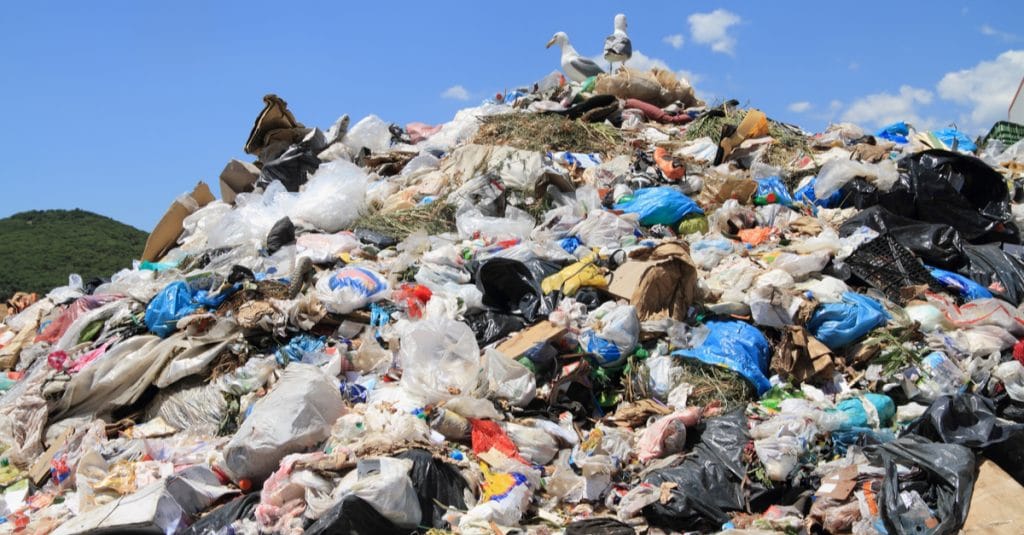The Cameroonian government has just destroyed 42 tons of non-biodegradable plastics in Garoua, in the Northern region. This large shipment of 531 bales was intercepted during the night of 19 to 20 September 2021 as part of the Halcomi 3 operation. Boatmen were trying to smuggle these prohibited goods into Cameroon when they were stopped by Cameroonian customs officials. Greenpeace Africa welcomes this initiative and calls on the authorities in Yaoundé to double their efforts to ban plastic.
Instead of disappearing, plastic has become more expensive
For the environmental non-governmental organization (NGO), it is corruption that maintains the presence of plastic packaging on the Cameroonian market despite their ban. In a recent release, the NGO says it does not understand how this type of plastic packaging can continue to circulate in Cameroon, nearly 8 years after its ban in the Central African country. In 2012, Cameroon made public a decision banning the use of non-biodegradable plastic packaging smaller than 60 microns, which came into effect in April 2014. “The Ministry of Environment must ensure more rigorously the respect of the decree banning the use of plastic in Cameroon. It has the means. Because, we note that the joint decree of 2012 has not led to the disappearance of plastic, as desired, from counters in Cameroon, but rather an increase in the price of plastic packaging,” explains Ranece Jovial Ndjeudja, Forest Campaigner at Greenpeace Africa.
Read also-CAMEROON: WasteAid trains 164 young people in plastic waste recycling
Non-biodegradable plastic packaging is harmful to the environment. After their use, they are unfortunately thrown away at every corner. Eventually, they end up buried in the soil and in waterways. A process that is repeated over the years, also causing the obstruction of drains and other water evacuation routes in cities. And this situation contributes in turn to the increase in flooding, as experienced across the country in recent months.
Boris Ngounou
